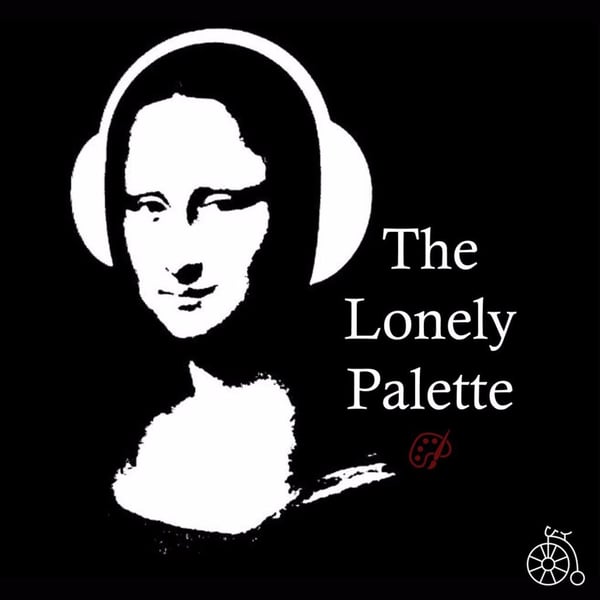BonusEp. 15: Tamar Avishai interviews Prudence Peiffer, Author and Content Director, MoMA
The Lonely Palette
The Lonely Palette
4.8 • 857 Ratings
🗓️ 13 October 2023
⏱️ 55 minutes
🧾️ Download transcript
Summary
Transcript
Click on a timestamp to play from that location
| 0:00.0 | Hub and Spoke. Audio collective. |
| 0:10.0 | I'm looking at a photograph of a group of people in coats and caps on a roof deck. |
| 0:16.4 | They're in New York, set against a pattern backdrop of buildings on a casual fall afternoon. |
| 0:23.2 | And we can tell from their coats and caps |
| 0:26.1 | that this is a different New York, |
| 0:28.2 | that it's the New York of the middle of the 20th century, |
| 0:31.8 | where people in these kinds of coats and caps could have a roof deck. |
| 0:40.4 | These people are artists. Artists you would only recognize by their names. |
| 0:45.0 | Text on a card mounted next to a painting on a wall |
| 0:49.0 | that is beautifully hung and illuminated with a perfect artificial light source. |
| 0:54.3 | Agnes Martin, Ellsworth Kelly, Robert Indiana, James Rosenquist. |
| 1:00.6 | But here they are, human beings sucking down cigarettes, sitting on a pile of scrap, and encouraging one of their kids to smile for the camera. |
| 1:11.0 | Moma and the Whitney and the Met camera. But this is their New York. This is Coenties' slip. |
| 1:30.8 | Coenties' slip. |
| 1:30.8 | Coenties' slip was a dead-end street in Lower Manhattan. It was also home to an itinerant |
| 1:36.1 | community of scrappy mid-century artists, many of whom, as author Prudence Pfeiffer |
| 1:41.5 | explores in her book, |
| 1:42.8 | the slip, the New York City Street that changed American art forever, |
| 1:46.8 | evolved together alongside one another. |
| 1:50.0 | Because they hung out together. |
| 1:53.0 | They were friends. |
| 1:54.0 | They helped one another. |
... |
Please login to see the full transcript.
Disclaimer: The podcast and artwork embedded on this page are from The Lonely Palette, and are the property of its owner and not affiliated with or endorsed by Tapesearch.
Generated transcripts are the property of The Lonely Palette and are distributed freely under the Fair Use doctrine. Transcripts generated by Tapesearch are not guaranteed to be accurate.
Copyright © Tapesearch 2025.

